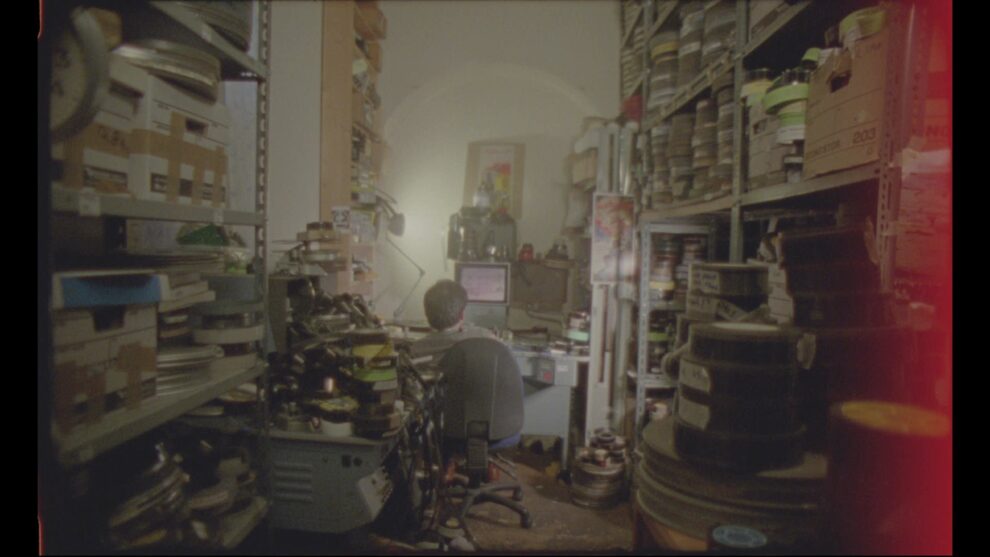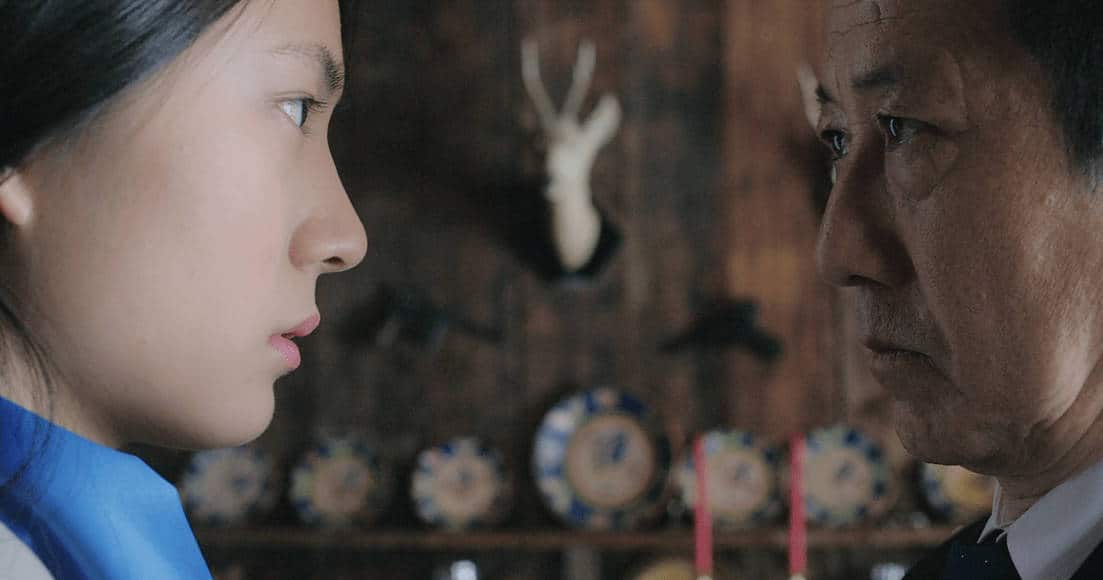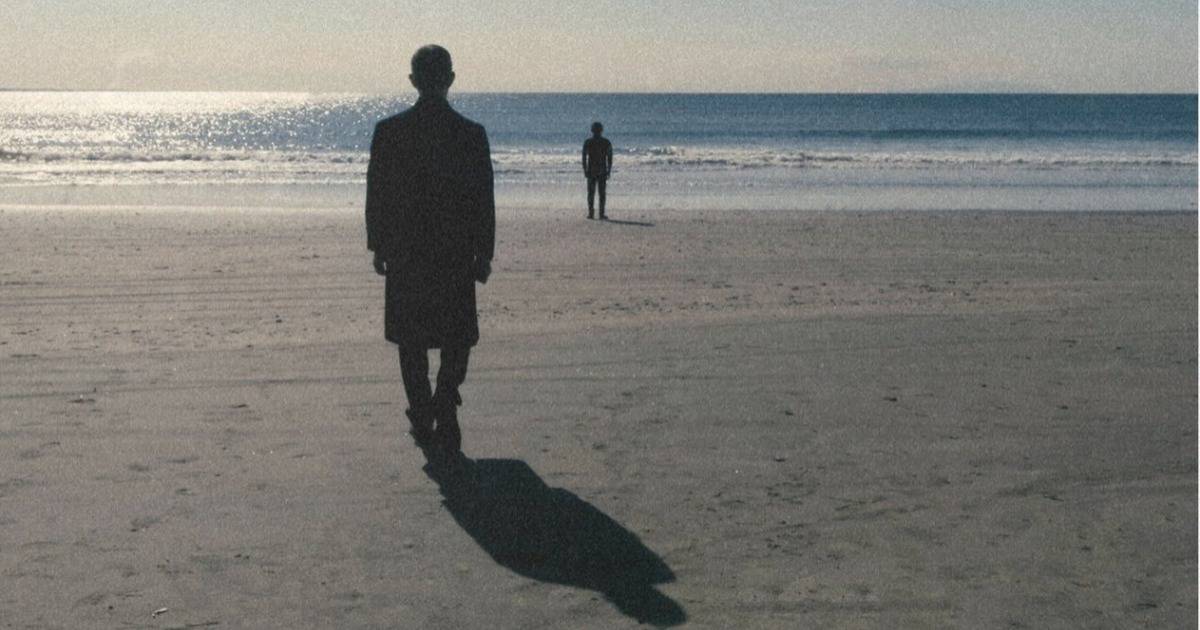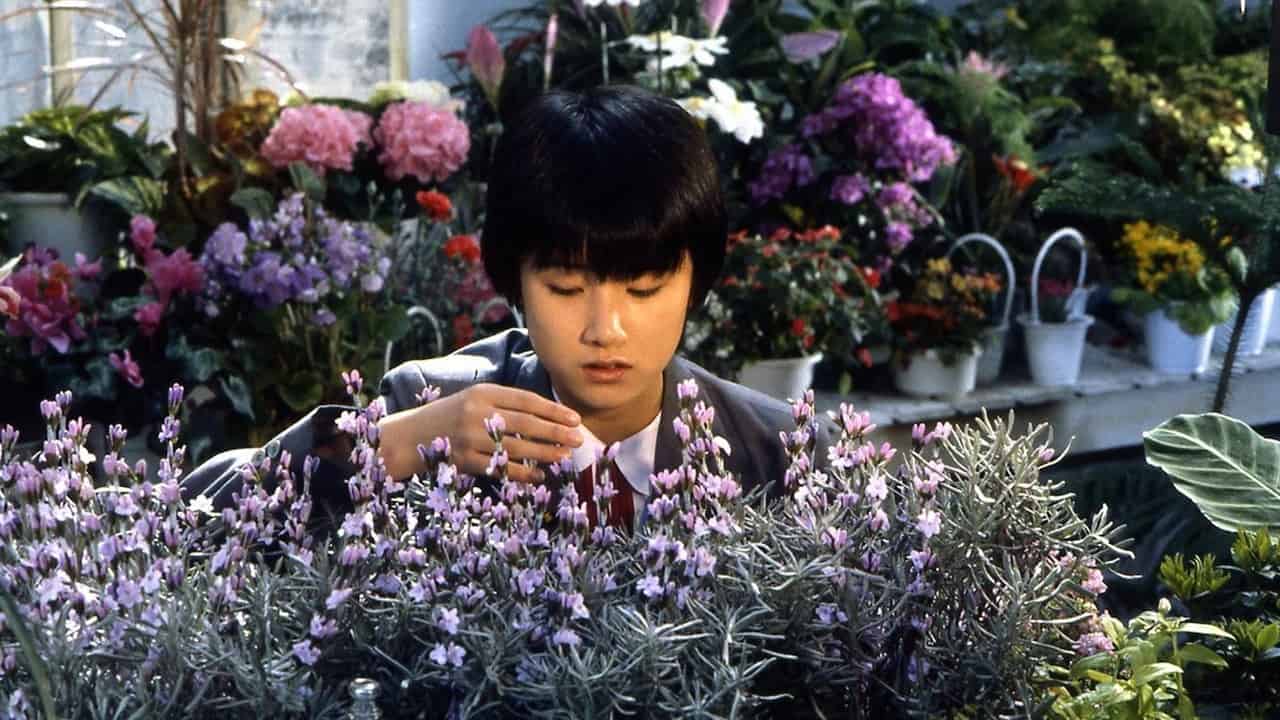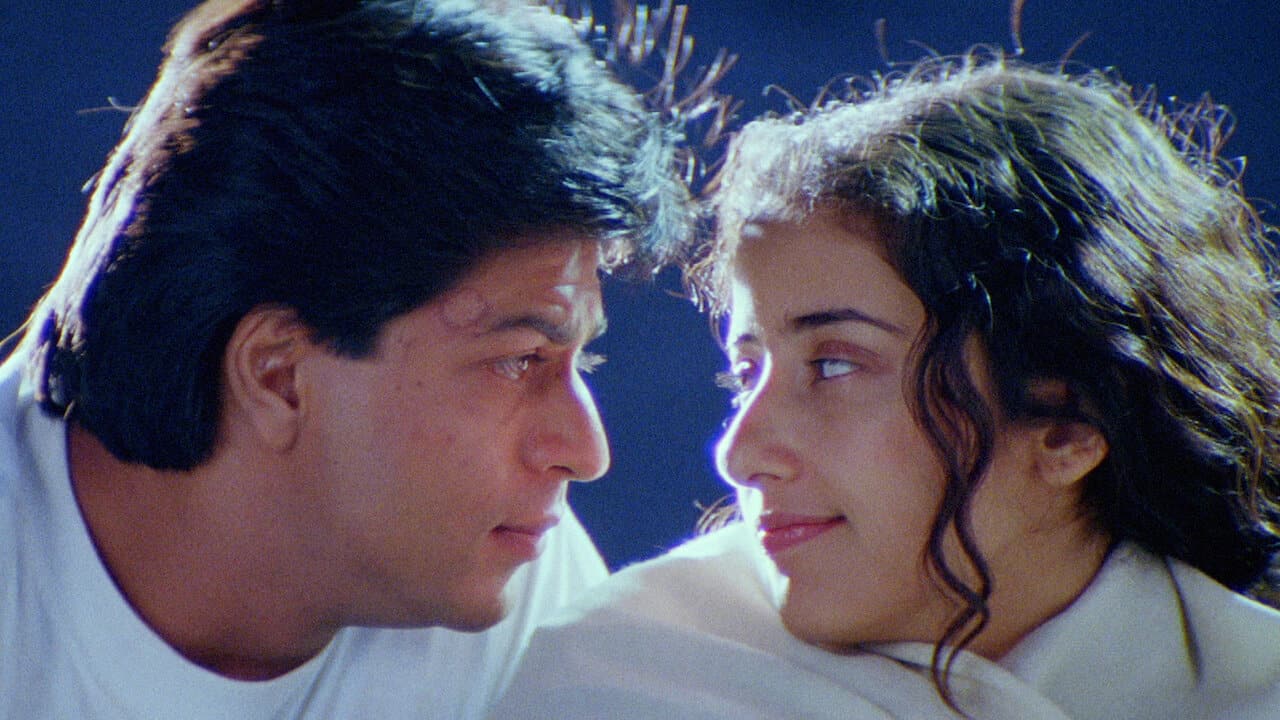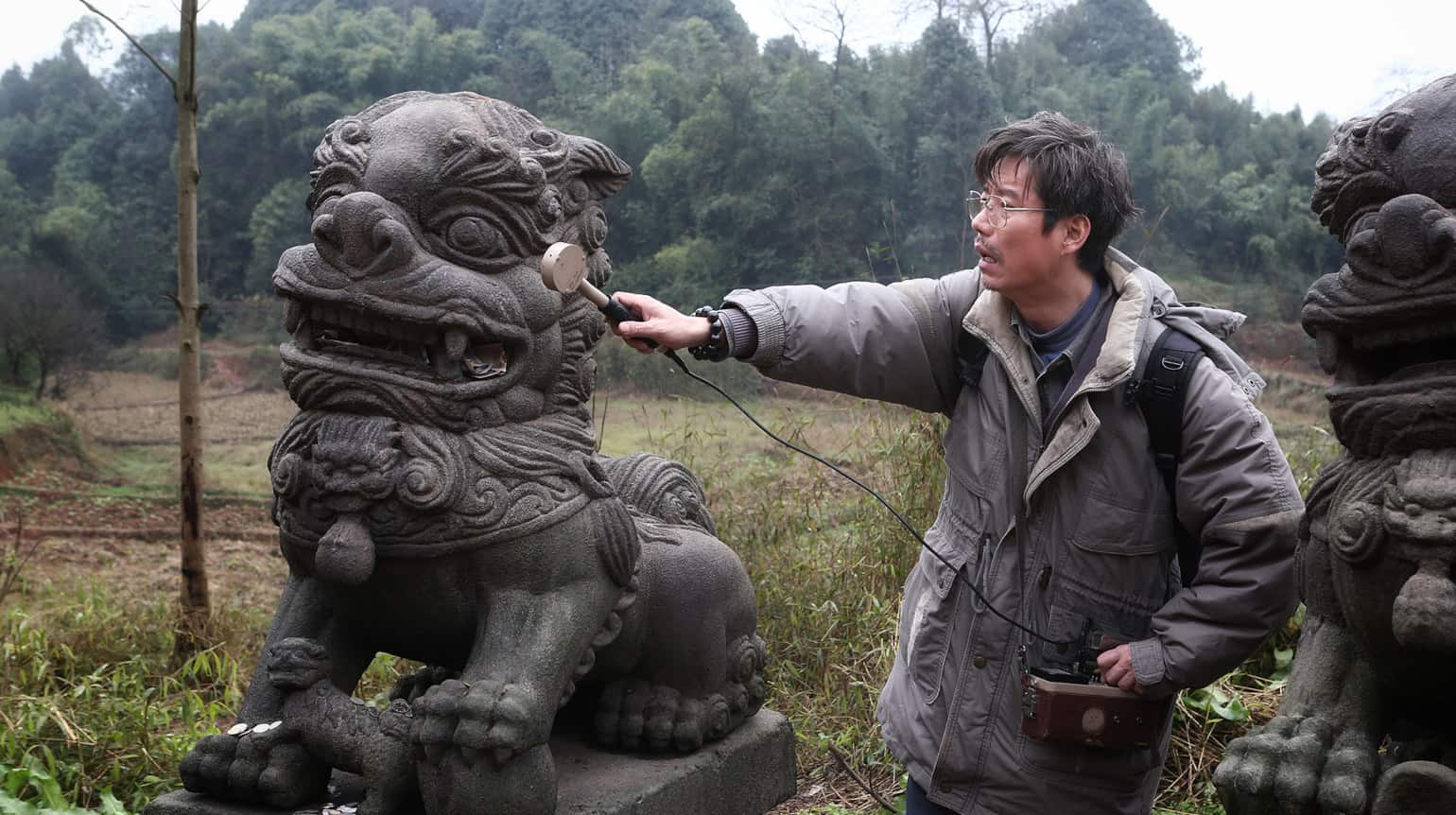With the advent of streaming platforms such as Netflix and Amazon Prime, many have predicted the end of physical media. The story comes up every year it seems, with DVDs, Blu-rays and even UHDs still present, whereas those relying solely on streaming start protesting as more and more of these services embrace advertisements in their content. However, this debate, which seemingly is based on ownership, misses the point of creating a large collection of movies, as people who do so may actively (or unknowingly) preserve these cultural artifacts. This side to the debate gets another meaning entirely, when viewed from the perspective of an authoritarian regime repressing all modes of expression or censoring them, which is one of the aspects of Ehsan Khoshbakht's documentary “Celluloid Underground”.
The story of the feature is about the biography of the director, who left his home country Iran for London as the political and social climate became unbearable and even dangerous. During his late youth and his time as a university student, he decided to extend his love for cinema to others, founding film clubs, retrospectives and discussions, which were eventually stopped by the government. As he went underground, founding another club hidden away from the authorities, he was contacted by Ahmad Jurghanian, who started supplying him with a sheer endless amount of copies from features from all cultures. One day, Khoshbakht wanted to get to know the man who was such a great collector of cinema and met with him. He was shown one of the biggest collections of cinema, all hidden away from the government, but was also told the story of a man who regarded his own life not as high as the movies and film posters he kept all this time.
A feature such as “Celluloid Underground” can be approached from two viewpoints. At first glance, Khoshbakht's documentary is an insightful story about film history, more precisely the way art is in conflict with repressive regimes. Whether or not the story of “Rocco and his Brothers” or “La Strada” represents an active threat to the ruling party after the revolution of 1979 can be debated, but it certainly is related to the idea of creation and self-expression. The epiphany many cinephile have felt at one point, which the director claims was him “seeing the light”, is the immersion as well as the presentation of other, perhaps even disturbing perspectives which has always been a danger. Over the course of 80 minutes, we are introduced to the history of cinema in Iran, and how the revolution and what came after changed the cultural landscape, allowing nothing besides the view of the ruling party.
On the other hand, Khoshbakht tells a story about the transformative power of art. This is especially true for Ahmad, an all in all fascinating individual, who basically has been neglecting his sense of comfort as well as his own health in order to maintain his collection, acquire more titles and gain more space for the number of features which kept on growing. Khoshbakht shows a true cinephile, a “sick person” as Francois Truffaut would call him, who becomes the keeper of a time that once was in the hope it will one day re-emerge.
“Celluloid Underground” is an entertaining and at times quite touching documentary about the love for cinema and the resistance against repressive regimes.


